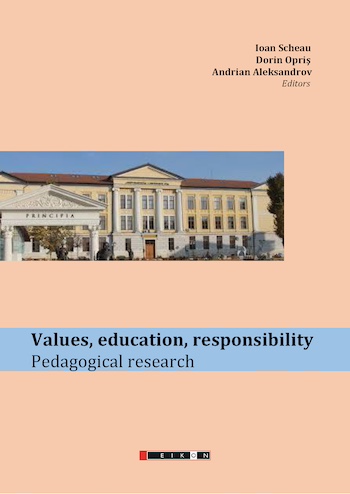VALUING EDUCATIONAL GAMES IN PREPARING CHILDREN FOR SCHOOL
VALUING EDUCATIONAL GAMES IN PREPARING CHILDREN FOR SCHOOL
Author(s): Oana CODREANU, DIANA REPEDE-ANGHEL
Subject(s): Social Sciences, Economy, Education, Preschool education, School education, Educational Psychology, ICT Information and Communications Technologies
Published by: Editura Eikon
Keywords: preschool education; school readiness; cognitive development; socio-emotional skills; psychomotor skills;
Summary/Abstract: Educational games are essential tools in preparing preschool children for school, supporting cognitive, socio-emotional, and psychomotor skill development (Malone et al., 2006; Anita, 2004). This study examines the theoretical and practical aspects of using educational games to enhance school readiness, highlighting structured play as a bridge between home learning and the formal school environment. Research shows that children exposed to well-planned educational games demonstrate better adaptability and academic readiness. Through a structured experimental study involving 5-6-year-olds, significant improvements were observed in attention, memory, language skills, self-regulation, and social interactions among children engaged in game-based learning compared to traditional methods (Domitrovich et al., 2012; Guhn et al., 2016). These findings underscore the need for integrating educational games into early childhood curricula. Not only do they help children approach school with a positive attitude, but they also cultivate adaptability, teamwork, and problem-solving abilities, vital for lifelong learning. Ultimately, game-based learning is recommended as a fundamental component in early education systems worldwide
Book: Values, education, responsibility. Pedagogical research
- Page Range: 188-194
- Page Count: 7
- Publication Year: 2024
- Language: English
- Content File-PDF

